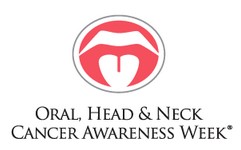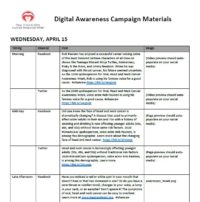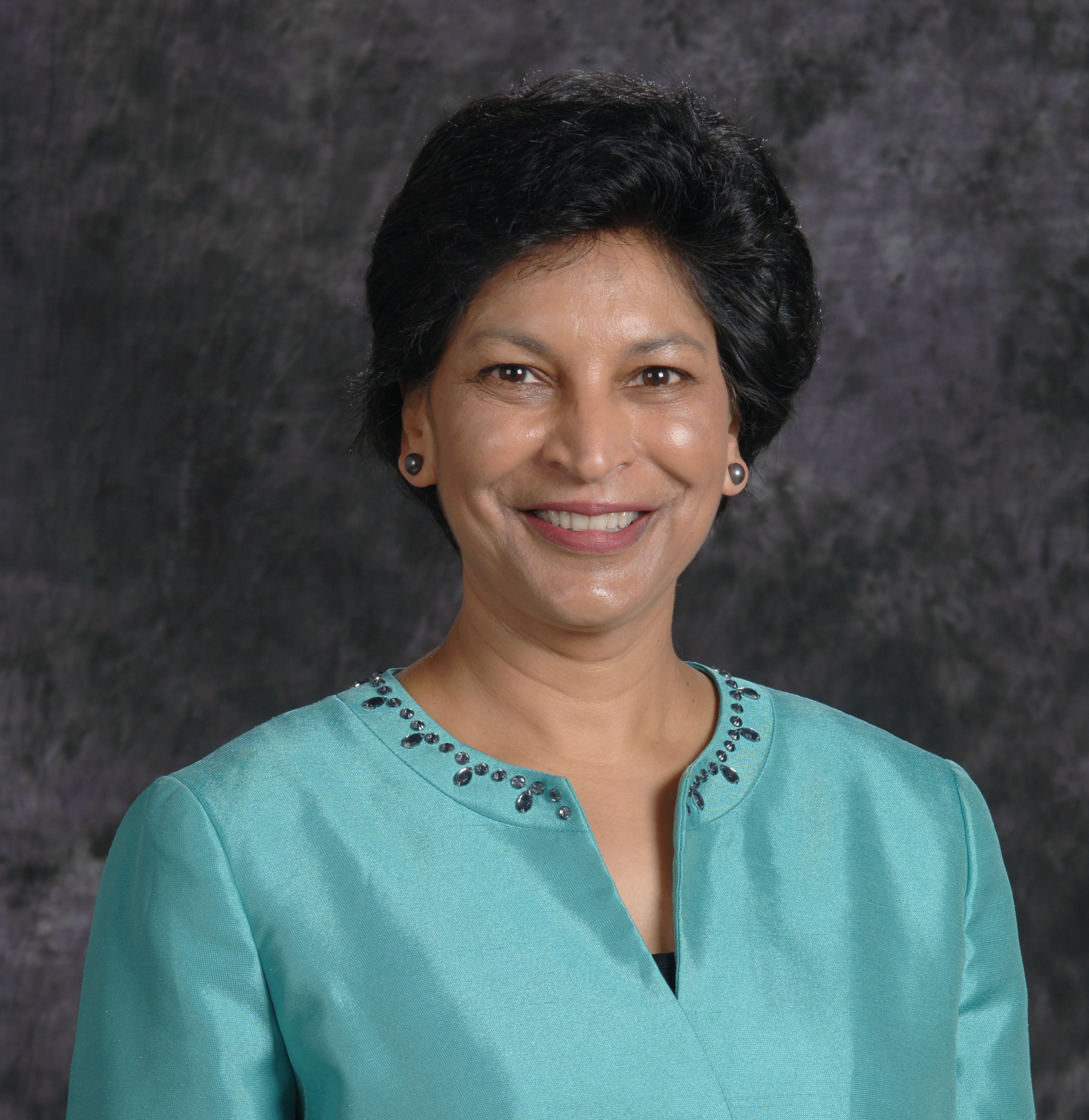In light of the recent concerns about COVID-19 and the growing number of travel bans placed on both international and domestic colleagues, the AHNS Leadership has elected to postpone the AHNS 10th International Conference until July 22nd-25th 2021. This decision was made to preserve the health and safety of our attendees and patients.
Abstract Submissions
We will release all submitted oral and poster submissions and re-open abstract submissions in the Summer of 2020 if you would like to re-submit your abstract with our without updates or new research for consideration at the 2021 International Meeting.
We realize you’ve worked hard on your research and don’t want to delay disseminating the information for another year; therefore we encourage you to submit your manuscripts to JAMA Otolaryngology – Head & Neck Surgery.
Faculty Assignments
If you have been invited as faculty for the July 2020 Conference, look for your invitation over the next several months! We anticipate that the vast majority of program will be the same. The Program Committee will review the revised 2021 scientific program and re-assign and schedule faculty soon.
Hotel Reservations
If you have made your hotel reservations, please contact the Hyatt Regency Chicago directly to cancel. You may contact them at (877) 803-7534 or use the Passkey link provided below.
https://www.hyatt.com/en-US/group-booking/CHIRC/G-GAHN
Registration Fees
For those who Have paid your registration to attend the July 2020 Conference, your fees will be refunded to the payment option you provided when registering.
We apologize for any inconvenience to our members and attendees.
Thank you for your understanding and continued support.
Robert Ferris, MD, PhD – AHNS 2021 Conference Chair
Eben Rosenthal, MD – AHNS 2021 Program Chair
Cherie-Ann Nathan, MD, FACS – AHNS President



